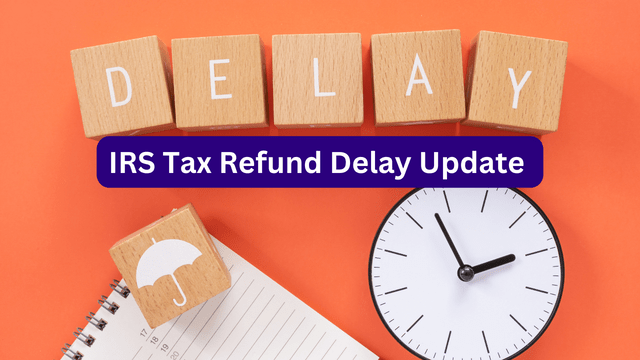Knowing how to file for any overpayment refunds is part of efficiently managing your income tax. Overpayments may result from unacknowledged deductions, excessive withholding by employers, or overestimation of advance tax. Refunds for income taxes can be claimed and their status tracked more easily with the help of the Indian Income Tax Department. This post offers a thorough explanation of the procedure, together with pertinent data and statistics to improve your comprehension and capacity to effectively handle your tax affairs for the 2023–2024 fiscal year.

When the entire amount of taxes paid through advance tax, self-assessment tax, TDS (Tax Deducted at Source), or TCS (Tax Collected at Source) exceeds the taxpayer’s actual responsibility for that fiscal year, an income tax refund is generated. In order to make a claim for this extra amount, you must file a correct income tax return (ITR) and have it verified within the allotted time frame.
Detailed Steps to Claim Your Income Tax Refund
File Your ITR Accurately: Include all income details, tax payments, and eligible deductions. The ITR form calculates the tax liability and the consequent refund due, if any.
- Verification of the ITR: Post-filing, the ITR must be verified electronically within 120 days. This can be done via Aadhaar OTP, through net banking, or by sending a physically signed ITR-V form to the CPC in Bangalore.
- Tracking the Refund: Once verified, the Income Tax Department processes the ITR and issues the refund. This can be tracked via the NSDL website or the e-filing portal by logging in with your PAN and the relevant Assessment Year (AY).
Timeframe for Refund Processing
- Standard Processing Time: Refunds are generally processed within 20 to 45 days of the ITR verification.
- Extended Processing Time: For cases involving discrepancies, additional verification, or high return volumes during peak filing season, the processing time can extend up to 120 days.
In recent improvements, the Department has reduced the average processing time significantly:
- AY 2023-24: The average processing time was reduced to approximately 10 days, a significant improvement from the 82 days observed in AY 2019-20 and the 16 days in AY 2022-23.
Actions to Take If Your Refund Is Delayed
- Intimation Check: Review any intimation under section 143(1) from the IT Department for potential discrepancies or additional tax demands.
- Update Bank Details: Ensure that the bank account details provided are accurate and up-to-date to avoid any delays in the refund transfer.
- Helpline Consultation: If the delay persists, contact the Aaykar Sampark Kendra or the CPC Bangalore for direct assistance.
Handling Refund Issues - Rectify Errors: File a rectification request if your refund is rejected due to errors in the original return.
- Refund Reissue: If there was a failure in the refund process due to incorrect bank details, request a refund reissue through the e-filing portal.
Frequently Asked Questions
How is the interest on delayed refunds calculated?
Interest is calculated at 0.5% per month, starting from the first day of the assessment year to the date the refund is granted, provided the refund is more than 10% of the total tax payable.
Is the refund amount taxable?
The principal refund amount is not taxable. However, any interest received on the refund is taxable under “Income from Other Sources” at your applicable tax rates.
What should I do if I have not received my refund?
Check the refund status online. If the status indicates “Refund Paid” but not received, verify your bank details and contact the bank. If the status is “Refund Unpaid”, there may be a need to update or rectify your bank details on the e-filing portal.
Can I claim a refund for a previous assessment year?
Yes, you can file a belated return and claim a refund up to the end of the assessment year or as specified by tax laws.
How to contact the Income Tax Department for refund queries?
For general inquiries, the toll-free number is 1800-180-1961. For refund-specific issues, contact CPC Bangalore at 1800-425-2229 or the e-filing helpline.
Refunding income taxes necessitates timely action and thorough paperwork. Taxpayers can efficiently handle their refunds by being aware of the specific procedures and making use of the Income Tax Department’s online tracking tools. A seamless refund procedure depends on timely revisions to bank information, careful monitoring of ITR status, and attentiveness to departmental communications. Taxpayers can now anticipate speedier settlements to their return claims, improving their financial management and planning, according to recent changes in processing timeframes.
Read Also – $1000 Centrelink Advance Payment May 2024 For Working Seniors



